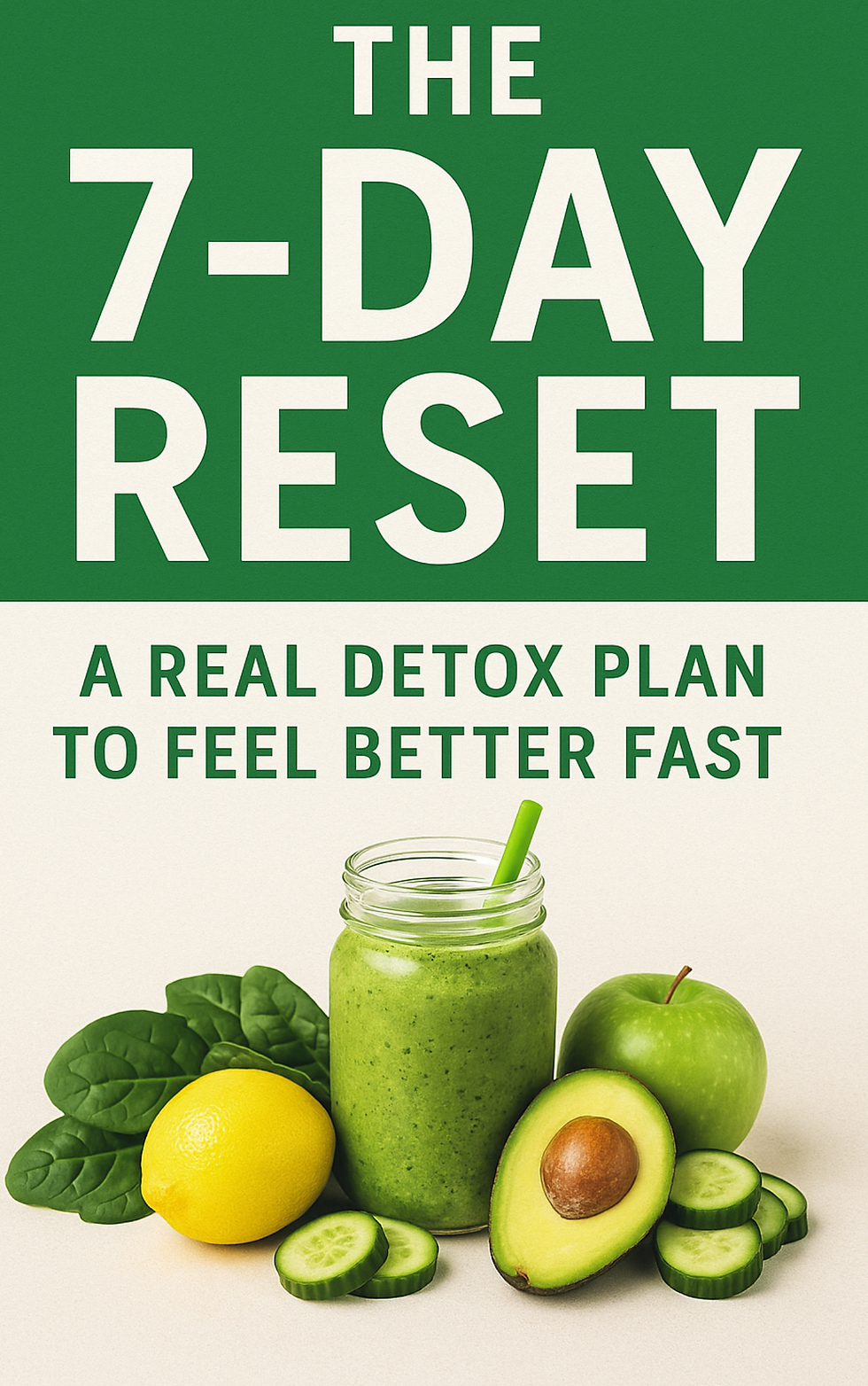Vaccine History, Sacred Cows, and the Fight for Medical Freedom
- Savannah

- Sep 14, 2025
- 2 min read
Vaccine History & Mandates: Lessons from the Past
“Either with the infection SARS-CoV-2 or with the vaccine, or both,” remarked Dr. Peter McCullough during a recent appearance on The Highwire. Alongside co-author John Leake, he discussed their new book Vaccines, Mythology, Ideology and Reality, which takes a deep dive into the long-standing tension between science, ideology, and personal liberty.
The Origins of Vaccine Ideology
The roots of vaccination stretch back to the late 18th century when English physician Edward Jenner inoculated a young boy with cowpox to test immunity against smallpox. Though the boy did not contract the disease, the precise science behind the immunity remains uncertain even today.
The very word vaccine comes from vaca, Latin for cow. Over time, the term evolved into a global shorthand for substances used to stimulate immunity. Dr. McCullough emphasizes that vaccination itself has become a “sacred cow,” a belief system often elevated above debate or scientific questioning.
For example, the Vatican even issued a commemorative 20-euro coin depicting a child receiving a COVID-19 shot, reinforcing the narrative that vaccination is not just a medical choice, but a civic and moral duty.
📖 For more health and wellness discussions, check out our Foodie Kitchen Blog and explore categories like Detox Recipes that promote natural approaches to immunity.

Mandates, Resistance, and Liberty
The debate over compulsory vaccination is not new. During the smallpox epidemics, opposition was fierce. Anti-vaccination leagues in Victorian England protested with banners that read: “Better a felon’s cell than a poisoned babe.”
In some shocking cases, such as one in Middlesboro, Kentucky, police forcibly vaccinated residents — men and women handcuffed and inoculated at gunpoint. These acts ran directly against the ideals of personal liberty cherished in America.
The controversy culminated in the 1905 U.S. Supreme Court case Jacobson v. Massachusetts. Pastor Henning Jacobson refused a mandatory smallpox vaccine and challenged the law. The Court ruled against him, declaring that personal liberty could be curtailed in the name of public health.
The Historical Context
As history progressed, diseases declined not solely because of vaccines but also due to improvements in nutrition, hygiene, and living conditions. Despite this, vaccination continued to be credited as the primary driver of public health progress.
Today, as debates resurface around COVID-19 and other emerging illnesses, McCullough and Leake argue that society must critically examine whether public health policies strike the right balance between protection and freedom.
📚 If you’re passionate about health, explore our recipe collections like Mediterranean Recipes for meals that support overall wellness, or discover our cookbooks available on Amazon.
Conclusion
The history of vaccination is as much about liberty as it is about science. From Edward Jenner’s experiments to today’s global debates, one lesson endures: protecting health should never come at the cost of silencing free choice.
👉 For recipes and wellness tips to naturally strengthen your body, visit the Foodie Kitchen Blog, follow us on Instagram, or browse our bestselling cookbooks.



Comments